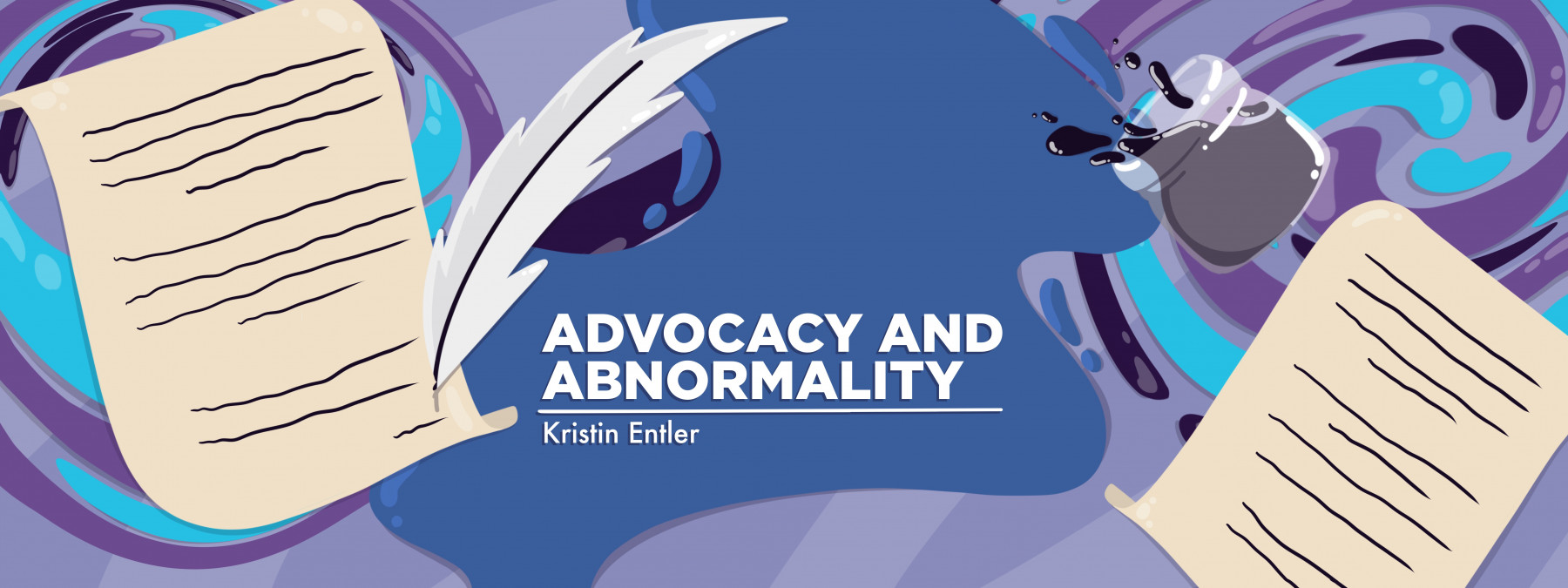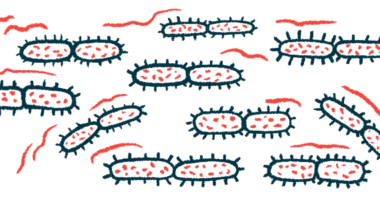The constant risk-benefit analysis that accompanies life with CF
Not teaching me how to swim was a decision my family weighed carefully

I was lucky to grow up with a lake in my backyard. On quiet mornings, the water would lap a steady drumbeat against the seawall. Yet despite being raised next to a body of water, I never learned how to swim because of the environmental risks I faced with cystic fibrosis (CF).
My parents raised me with the general spirit that I could do whatever I wanted with my life, despite my CF diagnosis. But the reality is that some things are riskier for me.
At some point, doctors told my parents that indoor swimming pools are a prime location to pick up a Pseudomonas aeruginosa infection. Some studies report that roughly half of the tested pools were positive for this type of bacteria. While it’s typically of little concern to healthy people, I learned at a young age that P. aeruginosa would be my lifelong personal enemy because of the persistent upper respiratory infections it causes.
It’s not that I’d be physically unable to swim; plenty of people with CF do so. In fact, a fellow Alabamian and CF patient founded Laps for CF because she loved swimming. The charity has raised over $2 million for CF research.
Instead, the problem was a lack of social support to ensure I’d have safe access to a swimming pool. When my mom started looking for places to take me for swimming lessons, she quickly found that the only places available had only indoor pools. So official swimming lessons were out.
My mom thought about teaching me to swim in the lake. But because you can’t see under the surface, as the water is cloudy with sediment, it didn’t seem like the best idea to let her small child go under for the first time without visual supervision.
Weighing the risks and benefits
People are often surprised to learn how close I’ve lived to the water without ever learning to swim. Some wonder how my parents kept me safe as a small kid. That makes sense, as one of the best strategies to combat childhood drowning is prevention; teaching a child how to swim also teaches them how not to drown.
The answer to my safety was that there were rules. First, I wasn’t allowed near the lake without an adult. Second, I wasn’t allowed in or around the water unless I was buckled into a life jacket. Third, I had to keep my head — particularly my nose and mouth — above the water to reduce the risk of getting anything in my lungs.
And since I was the type of kid who didn’t like to get in trouble, these rules mostly worked. I’ve had a few bouts with Pseudomonas, but my main problems have resulted from other bacteria, such as Staphylococcus aureus (thankfully, I’ve tended to colonize the nonresistant type) and Mycobacterium avium complex.
I wonder now what a fully accessible public pool could’ve looked like for me back then. It would’ve been outdoors, for one thing. Maybe with regular water testing for Pseudomonas and other threatening waterborne bugs, a pool could’ve been safe enough to support my needs.
Something that gets overlooked when we talk about what disabled people “can” and “can’t” do is that the barriers aren’t always hard and fast, but about what we choose to risk. Those of us with chronic illness are constantly weighing risks and benefits. I could’ve learned how to swim. But my family and I decided that, for me, the benefits didn’t outweigh the risks.
At this point in my life, I doubt I’ll pick up swimming. When I do get into the water, it’s shallow enough that I can stand on my knees. If I get in the lake outside my parents’ home, I still wear a life jacket and keep my head above water, steadfast in my commitment to preventing foreign bodies from getting into my lungs.
Note: Cystic Fibrosis News Today is strictly a news and information website about the disease. It does not provide medical advice, diagnosis, or treatment. This content is not intended to be a substitute for professional medical advice, diagnosis, or treatment. Always seek the advice of your physician or other qualified health provider with any questions you may have regarding a medical condition. Never disregard professional medical advice or delay in seeking it because of something you have read on this website. The opinions expressed in this column are not those of Cystic Fibrosis News Today or its parent company, Bionews, and are intended to spark discussion about issues pertaining to cystic fibrosis.









Leave a comment
Fill in the required fields to post. Your email address will not be published.